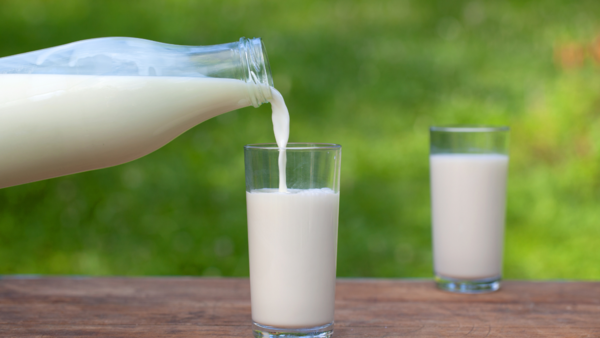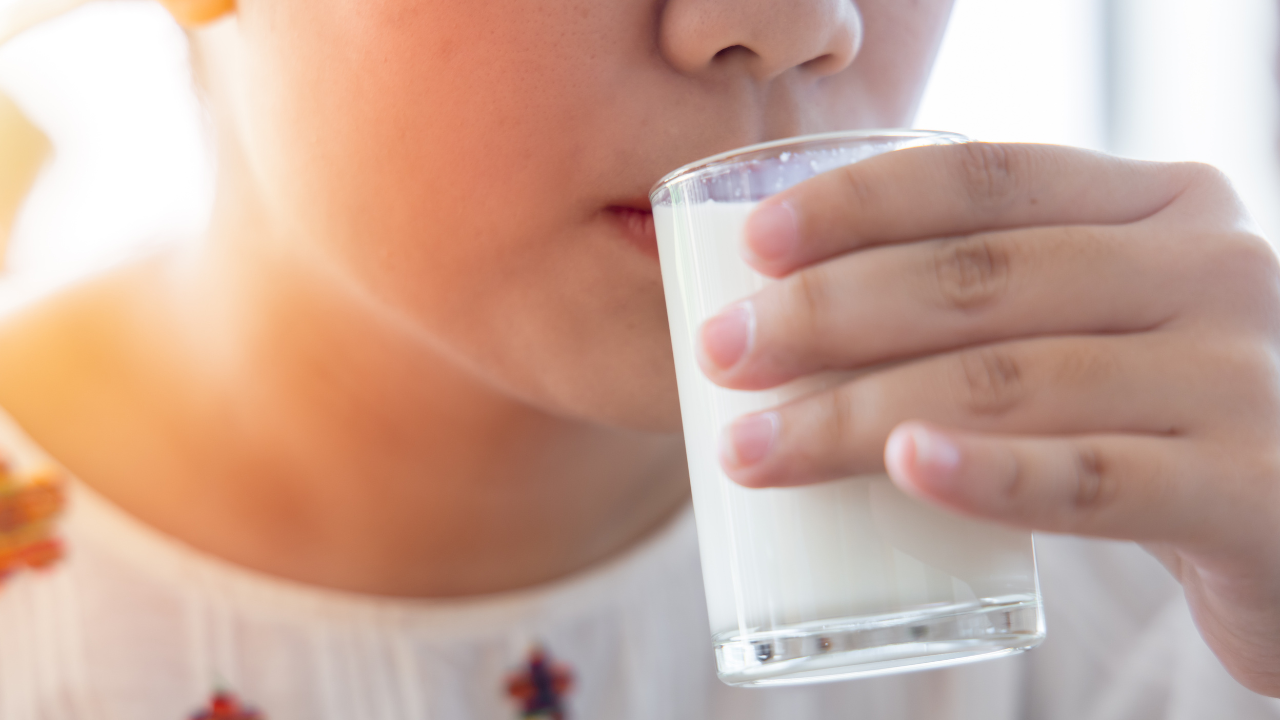First meal of a baby, milk is touted for its nutrition for various reasons. It is a hearty and calming drink, enjoyed by many for its taste and nutritional benefits. However, some worry that drinking a lot of milk can lead to weight gain. While milk is good for you, drinking too much can lead to consuming excess nutrients, but can it cause weight gain?
“Is it good to drink a lot of milk?” is an issue that many are concerned about. Milk contains various nutrients, including fat, which provides calories. Some types of milk also contain added sugar. Consuming too many calories from any source, including milk, can lead to weight gain.
Milk and weight gain: Fact or fiction
Milk, a staple in many diets, has sparked debate regarding its impact on weight. Moderate milk consumption can support weight management. However, excessive intake, particularly of whole milk, can contribute to weight gain due to its calorie content.
One cup of milk, regardless of fat content, contains approximately 11 to 12 grams of carbohydrates. Calorie counts vary among milk varieties: whole fat (146 calories), reduced fat (122 calories), low fat (102 calories), and non-fat (86 calories).
A 2019 report in the Journal of Advances in Nutrition suggests that consuming full-fat dairy products is not directly associated with weight gain. In fact, regular dairy consumption might increase lean muscle mass and reduce body fat, especially when chosen over high-carbohydrate foods.
While milk provides calcium and protein, it’s not universally suitable. Individuals with lactose intolerance, those aiming for weight loss, or those following specific dietary plans might need to moderate or seek alternatives to regular milk consumption.
While milk might be beneficial for some, it may not be suitable for everyone, particularly for those managing their weight.
See more: Weight Loss Tips to Lose Inches of Stubborn Belly Fat in a Healthy Way
How to prevent gaining weight through milk consumption
To avoid weight gain, choose low-fat milk options and limit added sugar. Stick to the suggested daily milk intake guidelines ranging from children (4 cups) to adults (3 cups) and including pregnant and lactating women (4 cups). Ultimately, maintaining a healthy weight involves balancing calorie intake with calorie expenditure.
Benefits of consuming milk
Regardless of its fat content, one cup of milk has roughly 8 grams of protein. That can support your physical activity and strength training regimens.
Additionally, milk is an excellent source of:
Riboflavin, or vitamin B2,
B12
Potassium
Phosphorous
Increasing vitamin A and D levels is another common practice in milk processing.
Drinking milk
may lower your chance of developing some illnesses and ailments. Regular dairy consumption was linked to a lower risk of heart disease and several types of cancer, such as colorectal, bladder, breast, and gastric cancers, according to a 2016 National Library of Medicine study. A decreased risk of type 2 diabetes has also been linked to milk and other dairy products.
Benefits of papaya: 5 reasons to have it for breakfast
I’m Manas Ranjan Sahoo: Founder of “Webtirety Software”. I’m a Full-time Software Professional and an aspiring entrepreneur, dedicated to growing this platform as large as possible. I love to Write Blogs on Software, Mobile applications, Web Technology, eCommerce, SEO, and about My experience with Life.





